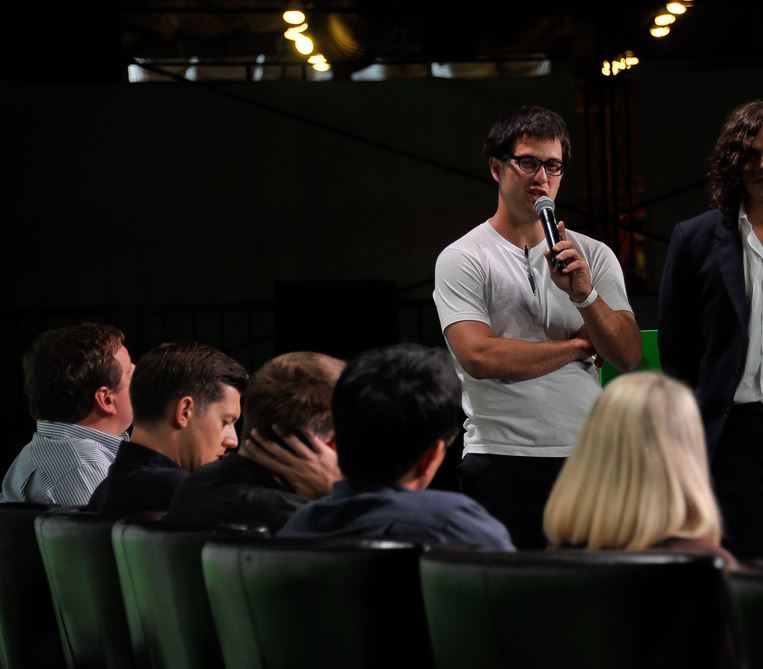Geoengineering is the process of manipulating the Earth’s environment to combat climate change. It has been a topic of much discussion and debate, as it brings into question the ethical implications of such a technology. Recently, an American entrepreneur conducted crude solar geoengineering experiments in Mexico without consulting the government first, prompting widespread criticism from both Mexico and other countries. This article will explore why conducting geoengineering experiments without proper consultation is unethical and unacceptable.
The Experiment and its Consequences
MIT Technology Review reported on an American entrepreneur’s crude solar geoengineering effort in Baja California, which occurred late last December. Luke Iseman, previously a director of hardware at Y Combinator and the cofounder of a startup focused on geoengineering, claims he added a few grams of sulfur dioxide into two weather balloons and launched them from an unspecified site on the Mexican peninsula. His intent was for them to reach the stratosphere and burst under pressure there, releasing particles into the open air – although this has yet to be proven.
Mexico’s Reaction
The experiment created immediate public outrage in Mexico due to lack of prior consultation with the government. In response, Maria Luisa Albores Gillardin from Mexico’s ministry for environment said that “To go to another country and conduct something akin to experimentation without consultation or engagement is unacceptable.” She went on to say that “Mexico does not support any type of experiment related to geoengineering.” As a result, Mexico plans to ban all related experiments in order to protect their environment from danger.
Ethical Implications of an entitled American
This incident raises important questions about ethics when it comes to experimenting with geoengineering technologies. When countries are considering new technologies with potential environmental repercussions, they should always consult with those who are directly impacted by it before making any moves towards implementation – whether it be citizens or governments or both. Even if no harm had come out of this particular experiment, it still sets a dangerous precedent that could influence future attempts by other entrepreneurs or governments looking to make use of similar technologies without consenting those affected first.
The incident involving Luke Iseman serves as an important reminder that we must always consider ethical implications when implementing new technology – especially one as potentially harmful as geoengineering. If we want these experiments done responsibly in the future, then proper consultation must always be taken beforehand so that those affected can voice their concerns or objections if necessary – even if this means banning all related experiments like Mexico plans on doing going forward. This should serve as a lesson for us all; when it comes down to experimenting with new technologies like geoengineering, always seek out proper consultation first before taking any steps towards implementation.

